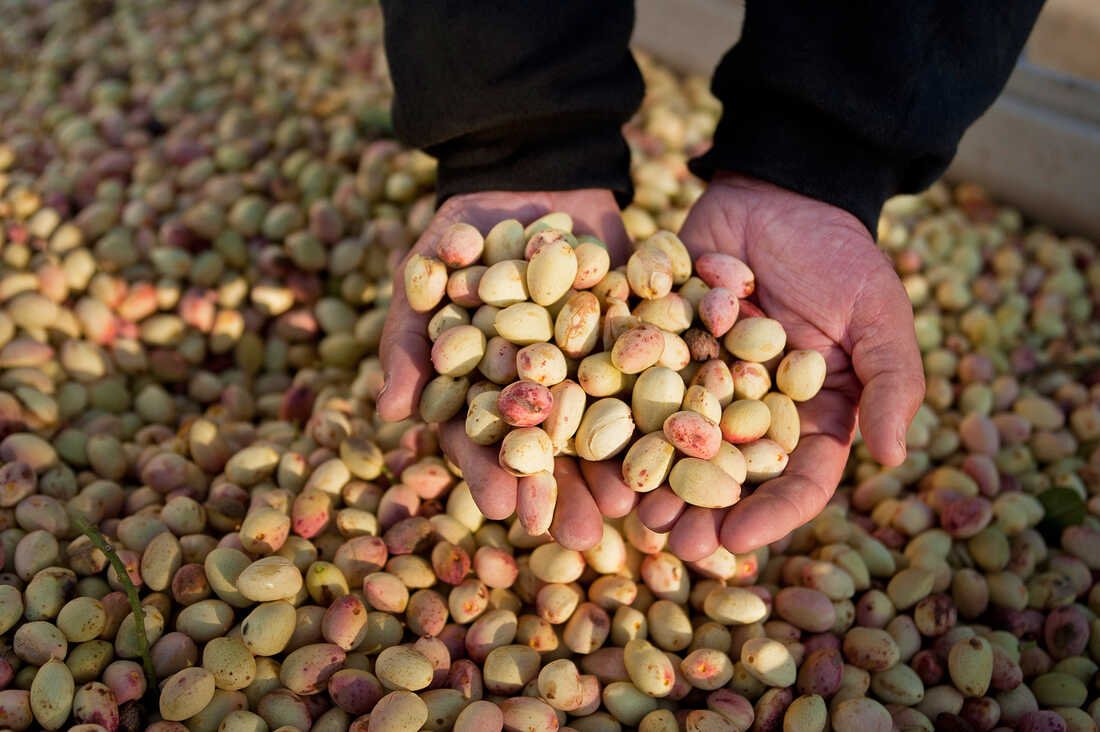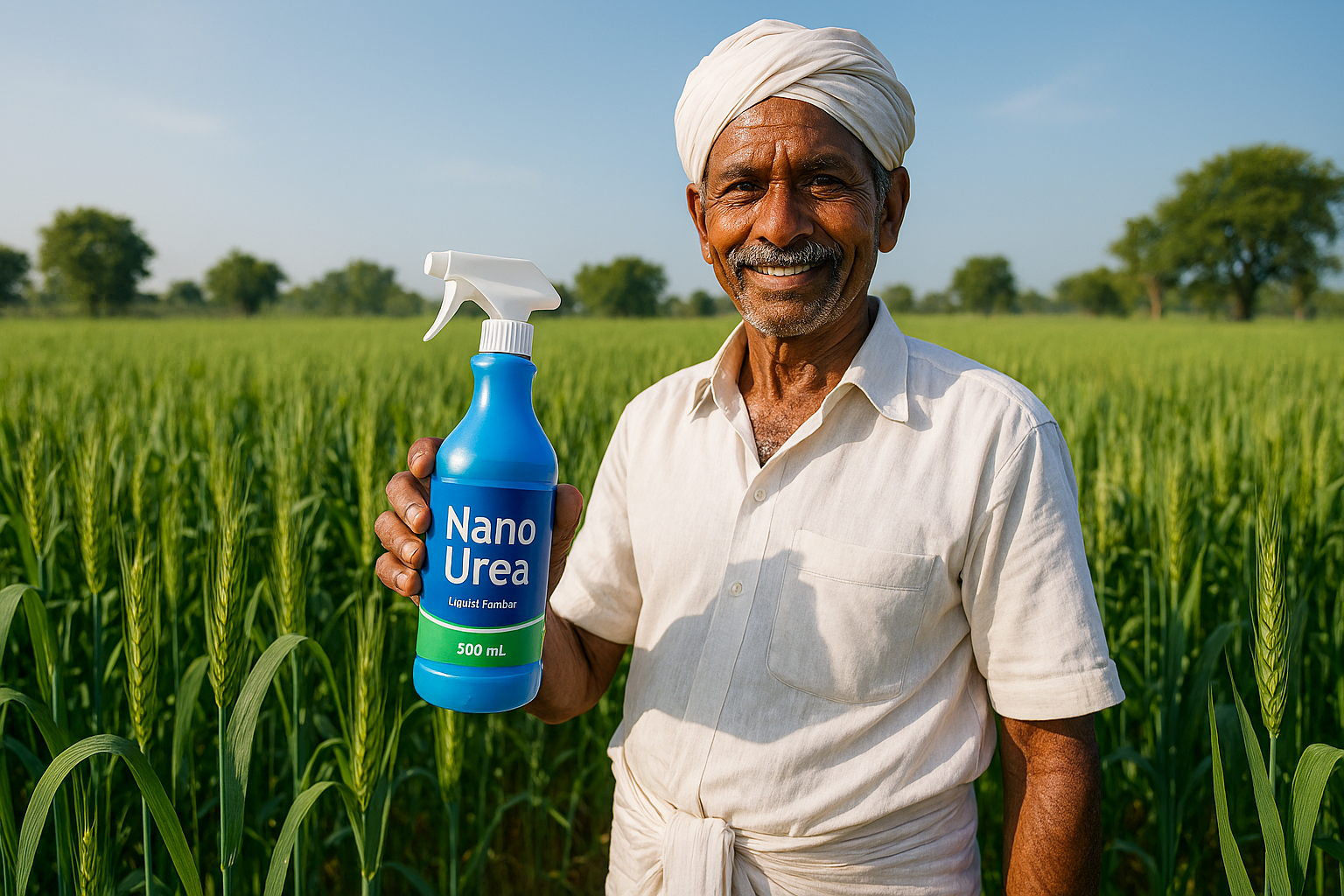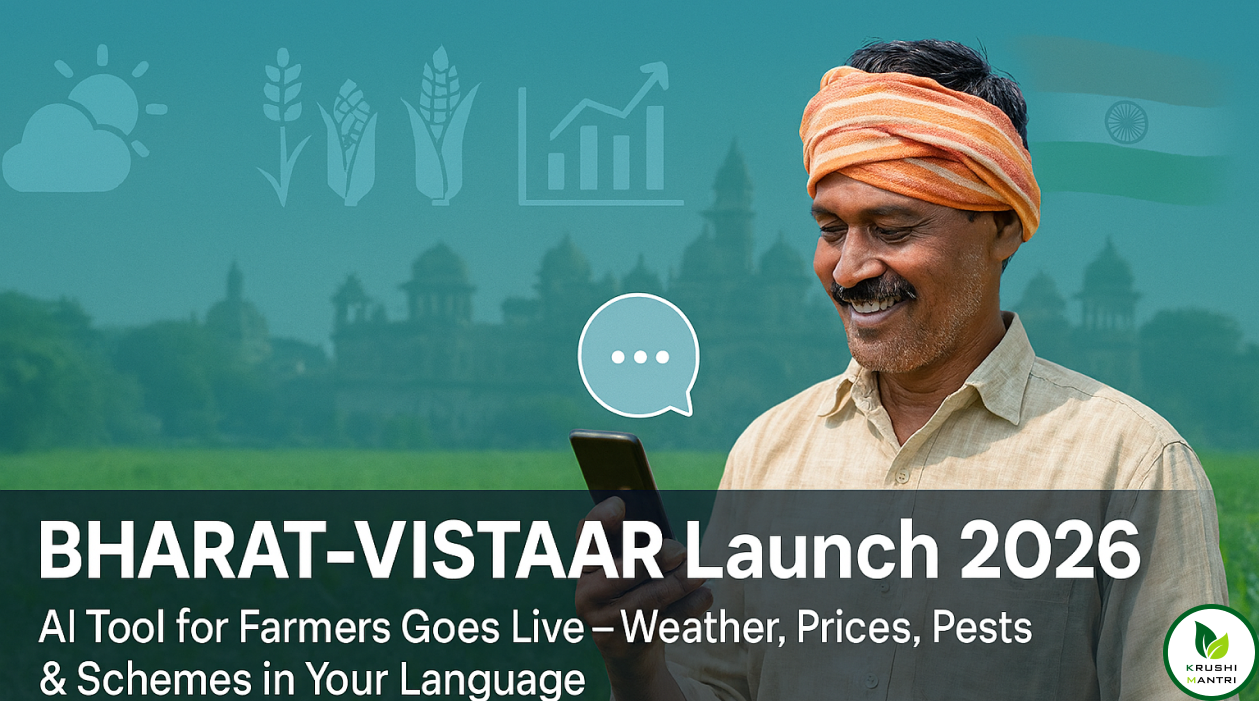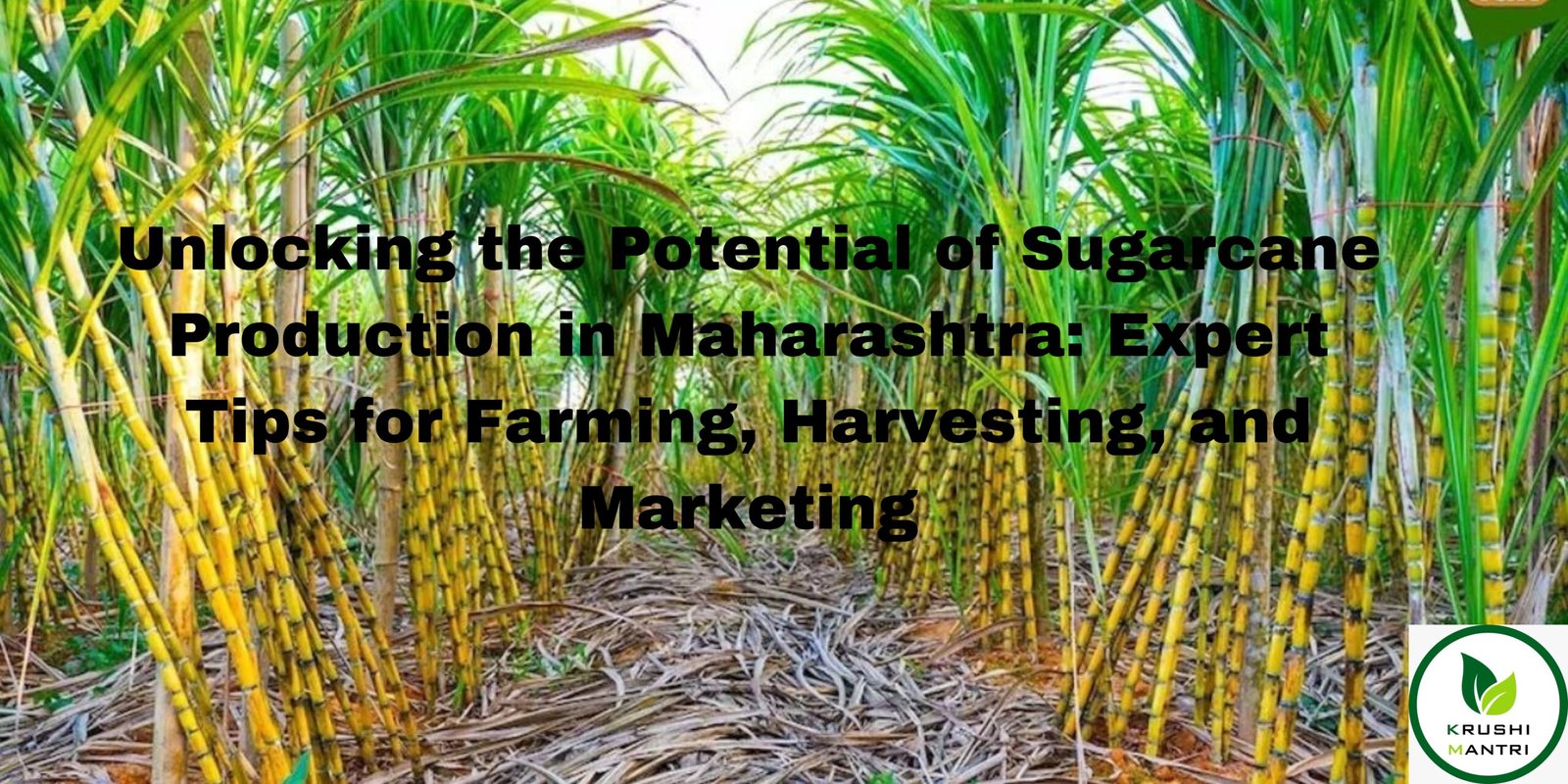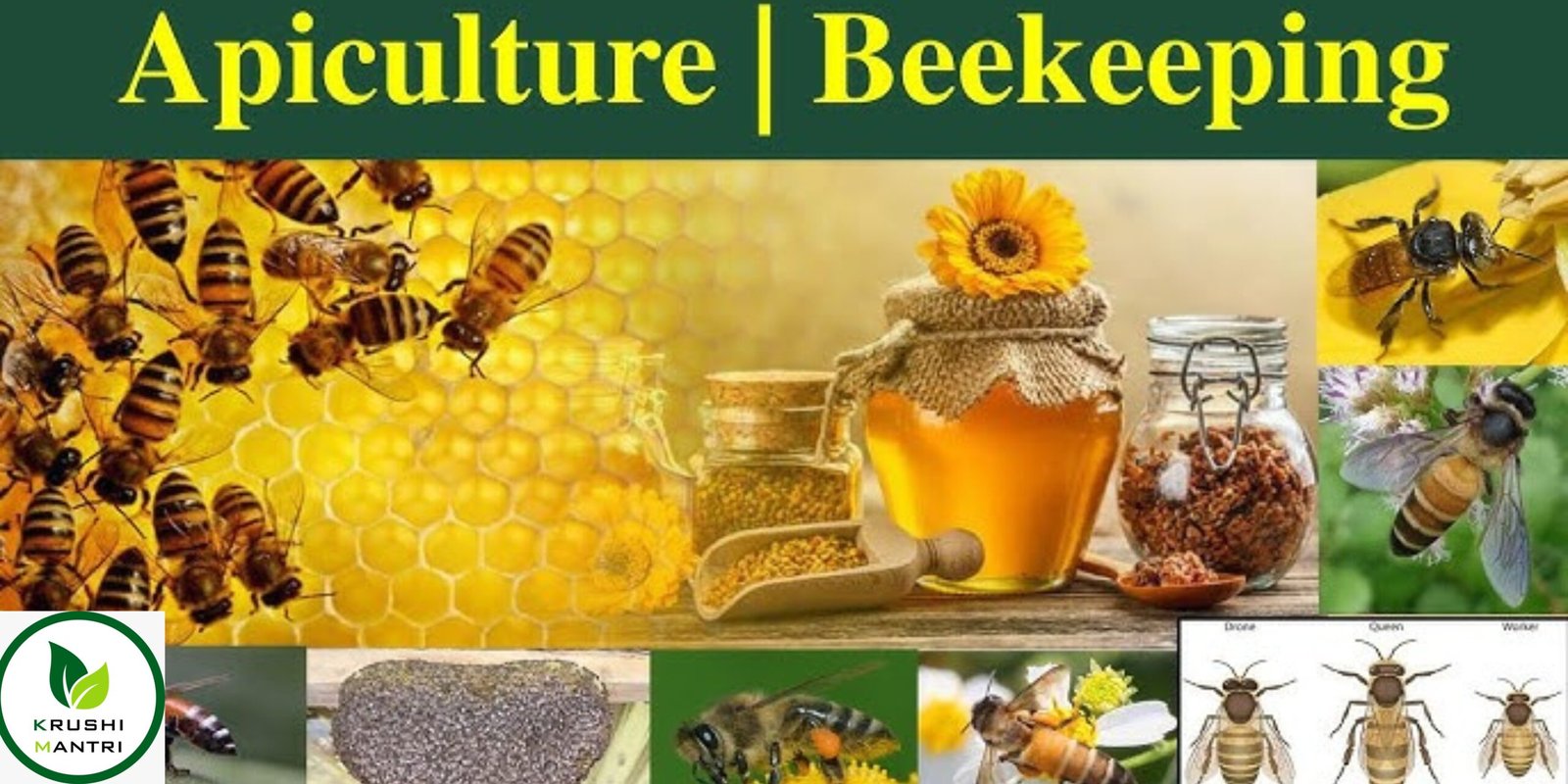Introduction to Pista Farming in India
Pistachio farming, or pista ki kheti, has become a growing industry in India, especially with the increased demand for this nutrient-rich nut. Pistachios are known for their unique flavor, crunchiness, and health benefits, making them a favorite snack for many. In India, pistachio farming has gained traction due to favorable climatic conditions in certain regions. This article delves into the essential aspects of pistachio cultivation and the growing zones in India.
Current Scenario of Pistachio Production in India
While pistachio farming is steadily picking up pace domestically, India is still in the very early stages compared to global leaders like Iran, the USA, and Turkey. These countries dominate the worldwide pistachio market with large-scale, established orchards and decades of experience.
Currently, the vast majority of pistachios consumed in India—nearly 90%—are imported, as local production remains limited. Most Indian-grown pistachios come from pilot projects and trial plantations in regions such as Jammu & Kashmir, Himachal Pradesh, and Rajasthan. Early results from these areas look promising, but large-scale cultivation has yet to take off.
However, increasing demand for pistachios across the country is driving greater interest among Indian farmers. Government initiatives and support from agricultural research institutes are playing key roles in raising awareness about the profitability and potential of this crop. With further investment and a continued push towards organic practices, India could gradually reduce its reliance on imports, unlocking new opportunities for local growers.
Where Are Pistachios Grown in India?
Pistachios are predominantly grown in dry, arid climates. In India, pistachios are cultivated in several states, including:
- Rajasthan: Known as the leading state for pistachio production in India, with large-scale farming in the arid regions of the state.
- Gujarat: Also a significant producer, with regions like Kutch supporting pistachio farming.
- Kashmir: Though relatively new, Kashmir’s unique climate is proving beneficial for pistachio cultivation.
- Haryana and Punjab: These states have also begun experimenting with pistachio farming due to favorable soil conditions.
Pistachio Tree Growing Zones in India
The pistachio tree thrives in regions with a temperate climate, plenty of sunlight, and low humidity. In India, the best pista growing zones include:
- Arid Zones: The dry, sandy soils found in Rajasthan and Gujarat are ideal for pistachio cultivation.
- Semi-Arid Zones: Regions like Punjab, Haryana, and parts of Jammu and Kashmir provide the perfect balance for growing pistachios.
For optimal growth, the trees need well-drained soils, a temperature range of 30°C to 40°C, and minimal rainfall.
Unique Properties of Pistachio Trees
One of the standout features of pistachio trees is their remarkable hardiness. These trees are not just drought-tolerant, but also capable of thriving in saline and alkaline soils—a rare ability among nut crops. This resilience makes pistachio trees particularly well-suited to the semi-arid and arid landscapes found throughout much of India. As a result, farmers in these challenging regions are increasingly turning to pistachio cultivation as a sustainable and profitable option.
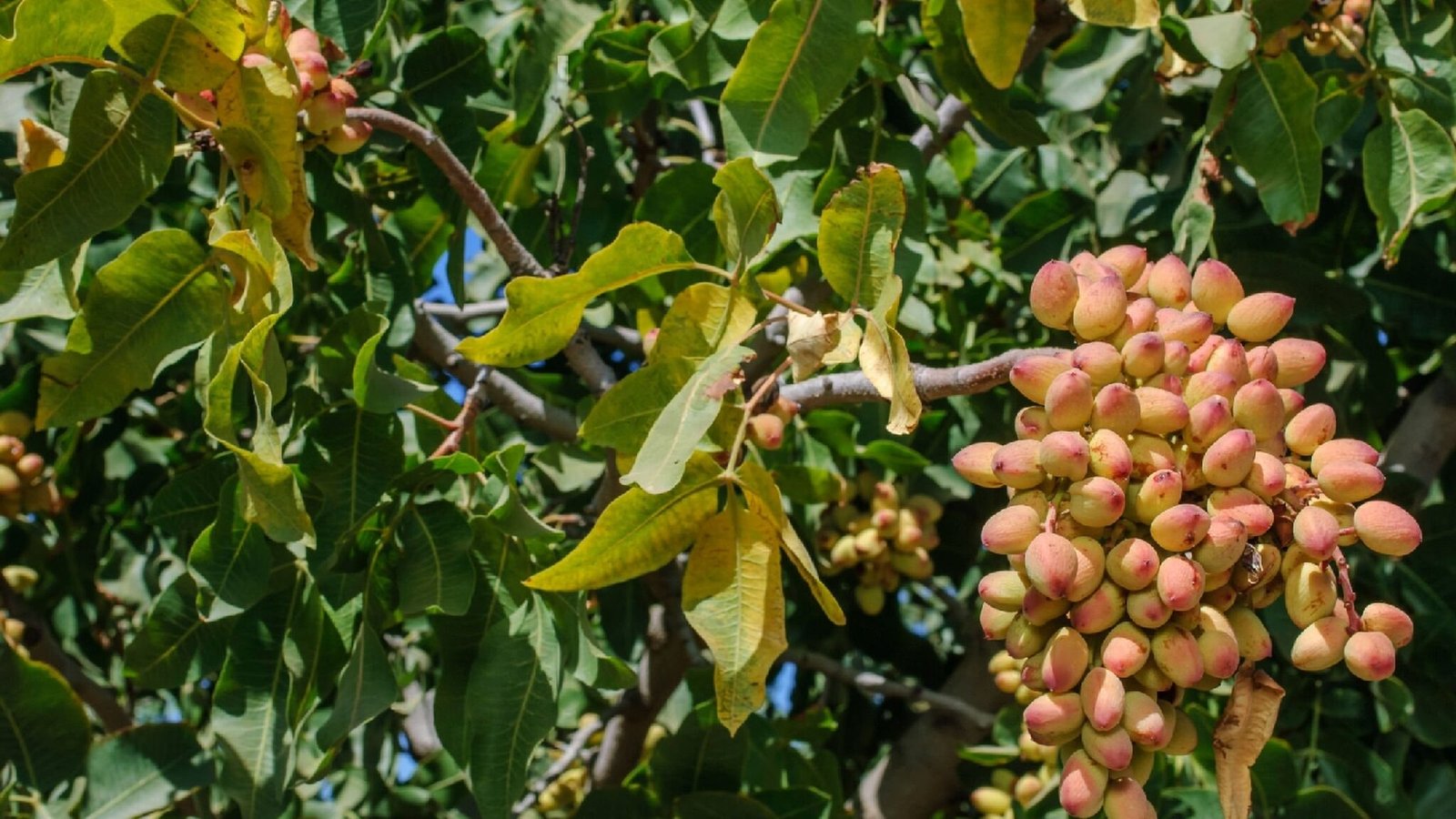
Pistachio Cultivation and Farming Techniques
Starting a pistachio farm requires careful planning and investment. The key steps involved are:
- Soil Preparation: Pistachio trees require well-drained, sandy-loam soil with a slightly alkaline pH.
- Planting: Pistachio trees are propagated from seeds or grafts. The planting process involves digging deep holes, spacing the trees adequately (about 20-25 feet apart), and ensuring proper irrigation.
- Irrigation: Pistachio trees are drought-tolerant but require regular watering during dry spells. Drip irrigation is the most efficient method.
- Care and Maintenance: Pruning and pest management are essential for healthy growth. Farmers need to control pests like aphids and scale insects.
Organic Pista Cultivation Practices
With the rising demand for healthier and more sustainable produce, many farmers are adopting organic practices in pistachio cultivation:
- Organic Fertilisation: Instead of chemical fertilizers, organic options such as compost, neem cake, and green manures are used to enrich the soil.
- Natural Pest Management: To protect crops, farmers often turn to natural solutions like neem oil sprays and pheromone traps, minimizing chemical pesticide usage.
- Weed Control: Weeds are managed through mulching and manual weeding, avoiding synthetic herbicides and supporting soil health.
- Efficient Water Use: Drip irrigation not only conserves water but also helps prevent waterlogging, making it ideal for organic as well as conventional farms.
By integrating these organic methods, farmers can enhance soil fertility, support beneficial soil organisms, and often command a higher market value for their organic pistachios.
Organic Pistachio Farming: Why Is It Gaining Ground in India?
With more Indians turning toward healthier, chemical-free foods, organic pistachio farming—known locally as “jaivik pista ki kheti”—is quickly becoming a sought-after approach among progressive farmers. But what exactly is organic pistachio farming, and why is it capturing so much interest?
What Is Organic Pistachio Farming?
In organic pistachio farming, growers avoid using synthetic fertilizers and chemical pesticides. Instead, they opt for all-natural inputs to nourish both the trees and the surrounding ecosystem. Key organic practices include:
- Organic Fertilizers: Instead of chemical options, farmers use compost, neem cake, and green manure to boost soil fertility and replenish nutrients naturally.
- Natural Pest Management: Pests are managed using neem oil sprays, pheromone traps, and introducing beneficial insects, keeping the orchards free from harsh chemicals.
- Eco-Friendly Weed Control: Weeds are handled by mulching and manual removal rather than relying on herbicides, maintaining a clean, chemical-free field.
- Water Conservation: Drip irrigation is favored for its efficiency, minimizing water wastage and preventing issues like waterlogging.
Why the Growing Popularity?
There are several reasons why organic pistachio cultivation is on the rise across regions like Rajasthan and Gujarat:
- Health-Conscious Consumers: As awareness around food safety climbs, there’s increasing demand for nuts grown without synthetic inputs.
- Higher Market Value: Organic pistachios often fetch premium prices in both domestic and international markets.
- Soil Health and Sustainability: Organic methods promote better long-term soil quality and biodiversity, ensuring pistachio farms remain productive for generations.
- Support from Various Organizations: Initiatives by groups such as the International Federation of Organic Agriculture Movements (IFOAM) boost farmer confidence and skills in going organic.
Adopting organic methods in pista farming requires dedication and careful management but offers rich rewards for both farmers and consumers looking for a healthier, more sustainable future.
Pistachio Harvesting in India
Pistachios typically take 5-7 years to start bearing fruit, but once they mature, they yield nuts annually. The harvest season in India is generally from August to October. Pistachios are harvested by hand-picking or by using mechanical harvesting tools to shake the trees, causing the ripe nuts to fall to the ground.
While it requires patience, pistachio farming can be quite rewarding. Mature trees, usually reaching their peak from year 10 onwards, can produce around 10–20 kg of nuts per tree each year. This long-term productivity makes pistachio cultivation an attractive option for farmers willing to invest the time and care these trees need in their early years.
The Largest Pistachio-Producing States in India
- Rajasthan: With the largest share of pistachio production, Rajasthan leads the country in pistachio agriculture. The regions of Barmer and Jaisalmer are major contributors to the state’s pistachio yield.
- Gujarat: Home to the Kutch region, Gujarat is another prominent producer of pistachios. The unique climate of Gujarat has made it an ideal location for pistachio farming.
- Kashmir: Although newer to pistachio cultivation, Kashmir has immense potential due to its cool, dry climate and fertile soils.
Challenges and Opportunities in Pistachio Farming
Pistachio farming in India is not without its challenges. Some common issues include water scarcity, pests, and fluctuating market prices. However, with increasing awareness about the benefits of pistachios, new farming technologies, and growing demand, pistachio farming presents significant opportunities for farmers willing to invest in the right resources.
Profitability and Market Potential of Pistachio Farming in India
Pistachio farming offers a robust economic opportunity for Indian growers, particularly those who embrace organic practices. While pistachio trees require a patience-testing period of 5 to 7 years before producing their first bountiful harvest, established orchards reward this wait with consistent annual yields. A fully mature pistachio tree can yield anywhere from 10 to 20 kilograms of nuts each year, making the long-term outlook promising for dedicated farmers.
Market prospects for pistachios in India remain exceptionally strong. These prized nuts feature prominently in Indian sweets, festive snacks, bakery products, and a growing selection of health foods. As dietary preferences continue to shift toward nutritious and premium ingredients, domestic demand for pistachios has never been higher.
On the pricing front, organically grown pistachios enjoy a noticeable advantage. With consumers at home and abroad increasingly seeking out organic produce, these nuts regularly command premium rates. This preference for healthier, chemical-free options opens up lucrative export possibilities, especially as India’s taste for dry fruits expands in line with global health trends.
For those willing to invest in the initial setup and nurture their orchards through the early years, pistachio farming can evolve into a sustainable and rewarding agricultural venture that aligns perfectly with market forces and consumer demand.
Support and Resources for Organic Pistachio Farming
Fortunately, several valuable resources are available to help Indian farmers thrive in organic pistachio cultivation. Farmers can benefit from a variety of government schemes designed to promote sustainable agriculture practices, including subsidies for drip irrigation systems and organic fertilizers.
Agricultural universities and research organizations—such as the Indian Council of Agricultural Research (ICAR) and state horticulture boards—offer training programs, technical guidance, and on-the-ground support. These institutes regularly conduct workshops and field demonstrations on organic farming methods, pest management, and efficient irrigation techniques.
Additionally, farmers can tap into market linkages through cooperative societies and online agri-marketplaces, helping secure better prices and reliable distribution channels for their organic nuts. With access to current research, evolving government policies, and an expanding network of organic produce buyers, Indian pistachio growers are well-positioned to overcome challenges and scale up their operations.
The Future Outlook for Organic Pistachio Farming in India
Looking ahead, the future of organic pistachio farming in India appears promising. With farmers increasingly turning to sustainable practices, the focus on organic methods is expected to create a positive ripple effect throughout the industry. This shift not only supports the health of both the soil and the end consumers, but also opens doors to new export markets where organic certification is highly valued.
Government initiatives supporting organic agriculture, combined with ongoing research from agricultural institutes, are likely to fuel innovation and efficiency in cultivation practices. As awareness about the benefits of organic pistachios continues to rise—both locally and internationally—Indian farmers are well-positioned to carve out a niche in the global market.
Embracing organic pistachio farming can also bring numerous benefits closer to home. By promoting healthier farming communities, fostering rural employment, and improving long-term soil fertility, the organic approach is set to play a key role in the evolution of pistachio cultivation in India.
Opportunities for Reducing Imports Through Organic Pistachio Cultivation
Currently, much of India’s pistachio demand is met through imports, as domestic production is still in its nascent phase. However, there is significant potential to reduce this reliance by encouraging local farmers to take up organic pistachio cultivation.
Organic farming methods not only improve soil health and boost yields in the long run but also command a premium in local and international markets. As awareness spreads—thanks to outreach by government agencies like ICAR and various agricultural research organizations—more farmers are taking an interest in cultivating pistachios organically. This shift offers a win-win: by expanding acreage and adopting sustainable practices, India can both decrease its dependence on imports and provide new income streams for rural communities.
With successful pilot projects already underway in states such as Jammu & Kashmir, Himachal Pradesh, and Rajasthan, the foundation is being laid for a broader push into organic pistachio farming. If more farmers embrace this crop using best practices and eco-friendly techniques, India could gradually increase its self-sufficiency, ushering in a new era for the country’s pistachio industry.
Conclusion
Pistachio farming in India has seen steady growth in recent years. With the right knowledge, care, and investment, pistachio cultivation can be a highly rewarding venture. By focusing on suitable growing zones, using proper farming techniques, and understanding the harvesting process, farmers can successfully grow pistachios in India.
Pistachios in India: The Complete Guide to Cultivation and Harvesting

